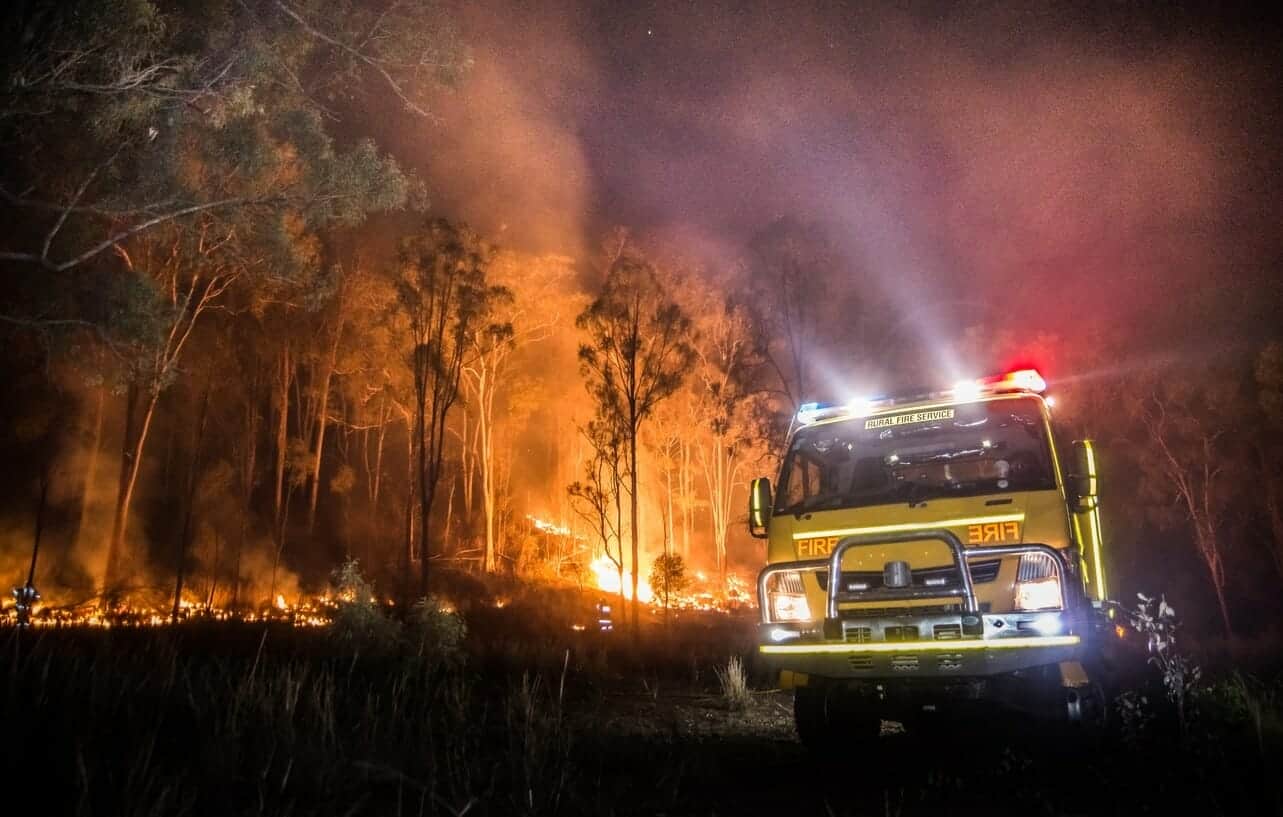In December 2019, the Joint Legislative Audit and Review Commission (JLARC) released its findings and recommendations of the Virginia Workers’ Compensation System and Disease Presumptions. Based on its study, the JLARC concluded that the Virginia Workers’ Compensation Commission generally handles matters in a timely and fair manner but that workers are not well informed of the process to file claims or of their rights to dispute insurers’ decisions. The JLARC proposes 25 recommended changes.
Background on the JLARC Study
In December 2018, the JLARC directed the review of Virginia’s workers’ comp system and the use of disease presumptions. “Disease presumptions” are intended to relieve workers in certain occupations of the need to provide a causal connection between their work and a specific disease because, while a plausible connection between the disease and the worker’s occupation exists, it is difficult to prove a connection or obtain evidence.
Specifically, the JLARC directed the review of three main areas: (1) whether workers’ comp claims were reviewed and processed promptly and fairly; (2) assess the measures in place to minimize the potential for fraud and abuse in the system; and (3) determine whether Virginia’s disease presumptions are appropriate and whether the level of evidence required to claim or rebut them is reasonable and appropriate. The JLARC released its findings on December 16, 2019.
Findings
In its report, the JLARC made ten major findings.
1. Commission handles claims in a timely and fair manner. Generally, the Virginia Workers’ Compensation Commission resolves disputes between employers (and its insurers) and workers in a timely and fair manner. Timeliness of hearings in the Fairfax office and the issuance of opinions by the deputy commissioner could improve.
2. Delays occur before reaching the Commission. The second most common challenge experienced by firefighters who filed a claim in the last five years was the timeliness of insurer determinations. Virginia is one of few states that does not require insurers to make claims decisions within a statutorily-imposed timeframe.
3. Workers uninformed of rights and processes. Workers have an insufficient understanding of the process to file for benefits and the role of the Commission. Information provided by the Commission to workers about rights and responsibilities is scattered across the Commission’s website, not well organized, unclear and incomplete. Employers and insurers also do not consistently provide information to workers about their rights to dispute initial decisions. For example, over 200 firefighters with work-related injuries or diseases reported they were unaware of their right to dispute a denial by their employer’s insurer to the Commission.
4. Virginia only state where employers are not obligated to compensate for cumulative trauma. Virginia is the only state that does not provide a remedy through its workers’ comp system for injuries resulting from repetitive work (e.g., lifting boxes over several weeks). Even when an employee’s cumulative trauma injury arises out of their employment, the worker must shoulder the costs. However, the study concluded that cumulative trauma injuries are not a major cost driver of workers’ comp premiums in other states.
5. Virginia employers pay high medical costs. Virginia’s medical fee schedule is high compared with other states, and insurers are paying comparatively high costs to treat workers’ injuries.
6. Cancer presumptions are appropriate. Existing research supports a plausible connection between firefighting and the cancers currently included as presumptive diseases in the Virginia Code. Evidence also shows a strong, but plausible link between three additional cancers (colon, testicular and brain) proposed in House Bill 1804 (2019) and firefighting.
7. Requirements to establish cancer presumptions are burdensome and unsupported. The study concluded that two statutory requirements are unreasonably burdensome and may frustrate legislative intent: (1) prove contact with a toxic substance that caused cancer; and (2) prove a period of disability. In fact, most disputed cancer claims from 2009 to 2018 resulted in firefighters not receiving benefits because they were unable to meet one of these requirements. Johns Hopkins researchers determined that it is unreasonable to require firefighters to document exposure to carcinogens because it would be difficult or impossible and cost-prohibitive. With regard to the second requirement, it is irrelevant whether a firefighter loses wages because of their disease.
Virginia’s cancer presumption statute also requires firefighters to serve 12 or more years of continuous service, but the study found this does not align with research on cancer in firefighters because some exposure shorter than 12 years can lead to increased cancer risk. Virginia’s 12-year requirement is the longest among states.
8. Cardiovascular disease presumption difficult, but not impossible to rebut. Virginia’s cardiovascular disease presumption is more difficult to meet than other states, but it is not impossible for employers to rebut.
9. Cardiovascular disease risk increases with years of service. Public safety workers’ risk of work-related cardiovascular disease increases over time. Unfortunately, unlike other states, Virginia does not have a “years of service requirement” for public workers to benefit from a cardiovascular disease presumption. Establishing such a requirement would put Virginia in line with other states.
10. Improve existing system before considering alternate benefit program. Several states have implemented disease benefit programs for firefighters in place of workers’ compensation programs. The report does not conclude that such a program is necessary at this time because addressing the recommendations and findings in the report could alleviate the problems found by the JLARC study.
Recommendations
The JLARC makes 25 recommendations, broken down into three categories: legislative, executive and policy action. The following is a highlight of some of those recommendations.
Proposed Legislative Actions
- Establish a timeframe for insurers to make initial determinations and permit Commission to monitor compliance and impose financial penalties.
- Require insurers to notify injured workers about their right to dispute denials of benefits.
- Provide compensation for cumulative trauma injuries.
- Permit the Virginia Workers’ Compensation Commission to compare and review workers’ comp medical fees against Medicare reimbursement rates.
- Amend cancer presumptions allowing firefighters to meet the toxic exposure requirement through evidence they responded to fires.
- Reduce years of service requirement for the cancer presumption.
Proposed Executive Action
- Revise written materials for accuracy and clarity and develop comprehensive guide for injured workers explaining their rights.
- Notify injured workers who have not submitted a claim for benefits about their right to dispute an insurer’s initial denial and the need to file a claim with the Commission within the statute of limitations.
Proposed Policy Options
- Add brain, colon and testicular cancers to the list of cancers presumed to be caused by firefighting.
- Add a “years of service requirement” to the cardiovascular presumption.
If you or a loved one have been injured in a work-related accident, consult with the knowledgeable, caring team at Renfro & Renfro. Our experienced Richmond workers’ compensation attorneys are skilled in handling all aspects of a Virginia workers’ compensation claim and will work diligently to help you maximize your benefits. Contact us today for a free consultation.






